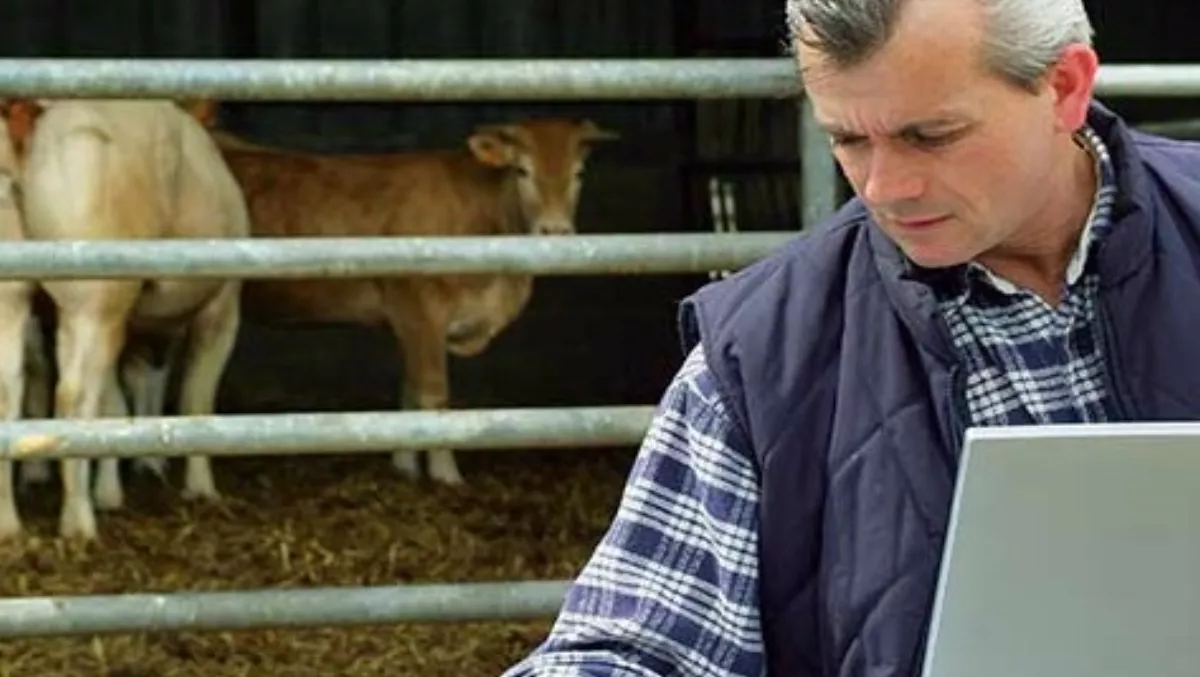
G.fast and new tech considered for expanded UFB and RBI
Use of the newly developed G.fast technology may be considered under the expanded ultrafast broadband project., funding for which was confirmed by the Government yesterday.
An additional $152 million to $210 million was confirmed to extend the UFB project from around 75% of the population to at least 80%. A further $100 million was approved to extend the Rural Broadband Initiative, while $50 million was allocated for a mobile black spot fund, which will extend mobile coverage on main highways and popular tourist areas.
The expanded projects were initially announced as pre-election promises.
The 'registration of interest – supply' documents show that while technical specifications for UFB 2 are likely to remain largely the same as the initial UFB programme, the use of G.fast technology, which delivers up to 1Gbit/s over existing phone lines, is being considered.
The G.fast standard, approved by the ITU in December, is a means for delivering fibre service speeds over the last few metres of a copper network, matched with customer self-installation of DSL.
A simplified form of customer premise network termination device is also flagged as something likely to be considered for the extended rollout along with 'other technology or service options that may be proposed in response to this ROI'.
The requirement for fibre-to-the-premises technology capable of supporting a minimum of 100Mbps and of being upgraded to 1Gbps, remains the same.
The Ministry of Business, Innovation and Employment is calling for potential infrastructure providers, retail service providers, local authorities and interested parties to comment on the design and specification aspects of the three programmes.
Potential suppliers and stakeholders have until 03 July to complete the ROIs, with the request for proposals expected in mid-August.
Contract negotiations are expected to begin in mid-December.
The additional towns to receive fibre to the premise through the expanded UFB project will be determined through a competitive bid process, according to the MBIE website.
"This will take into account the cost of deployment, strength of consumer demand, and regulatory and other assistance from local authorities and their communities.
MBIE says the government will seek input from communities, councils and services for the RBI extension. Funding will be allocated through an open tender process.
The sites for expanded mobile coverage via the mobile black spot fund will be selected following consultation with key business and community stakeholders, with funds allocated by a tender process.
On the RBI front the Government is inviting comment on the effectiveness of the RBI 1 standard of 5Mbps minimum peak speeds, and registrations of interest as to how this could be approved upon with advances in technology.
The requirement of wireless and cellular towers to provide for co-location of a minimum of six services providers, may be dropped, with the ROI noting that the requirement, while enabling competitive provision of services, adds significantly to the cost of towers, power and backhaul 'and may not be economically scalable to smaller or more remote rural areas'.
"The Government is also open to considering modified co-location requirements.
The document notes that rural technologies have advanced 'significantly' since the first RBI tender process, and the Government is seeking views on new wireless and cabinet infrastructures and the wholesale/retail structures or business models that could be used to achieve RBI objectives.
On the mobile black spot front the Government is warning that mobile towers built using assistance from the fund will not count towards the obligations of holders of rights to use 700MHz spectrum to build new towers, or the obligations of Vodafone to construct new towers under RBI 1.
Any mobile towers funded under RBI also can't be included.
The ROI says the Government is open to proposals to provide either 3G or 3G/4G services for the mobile black spot project.


